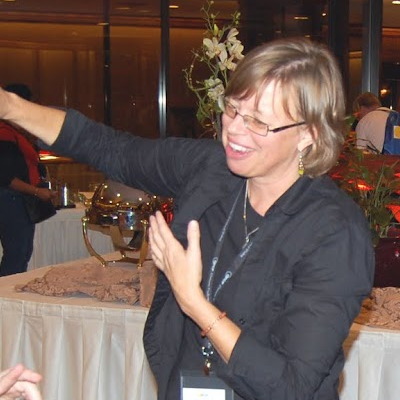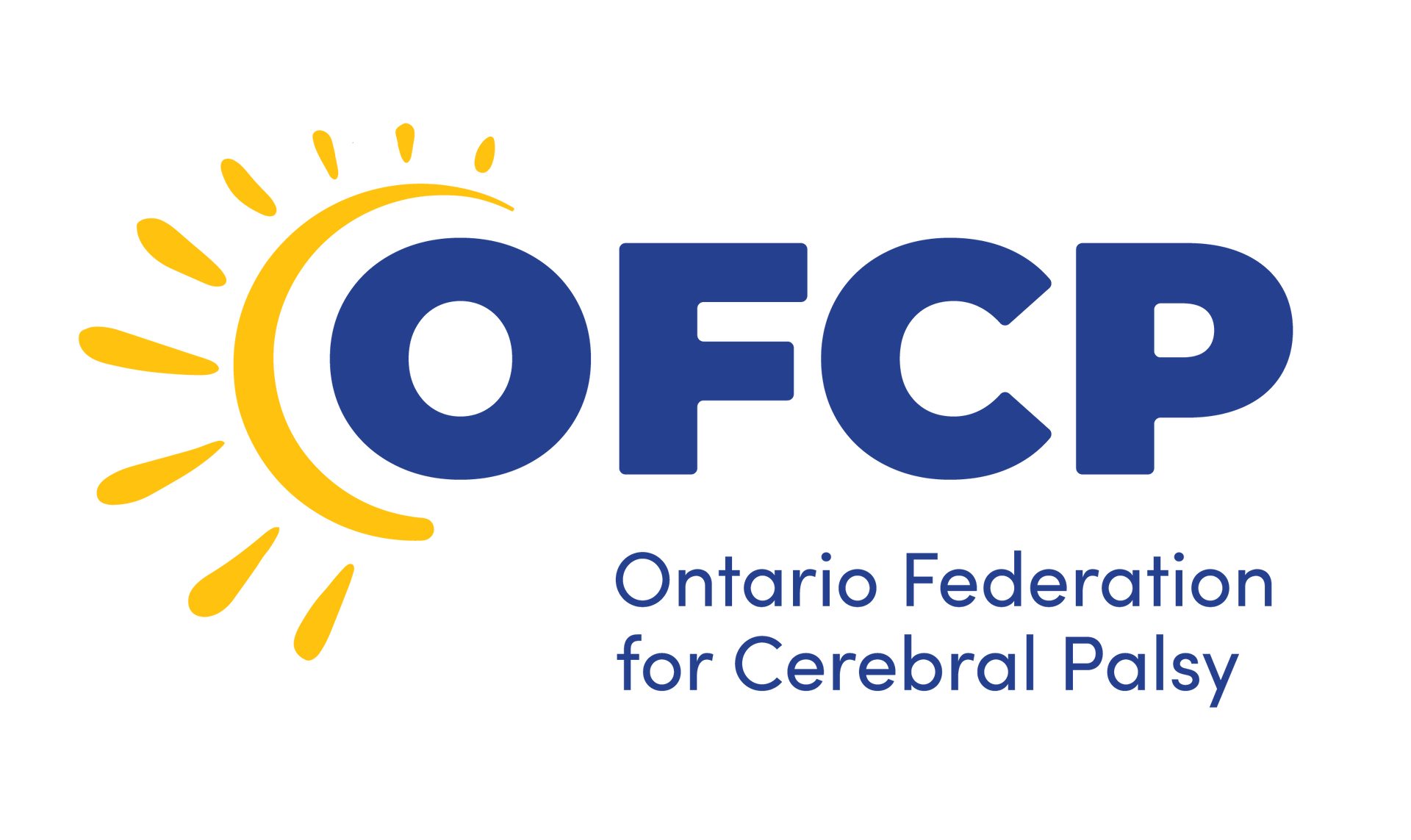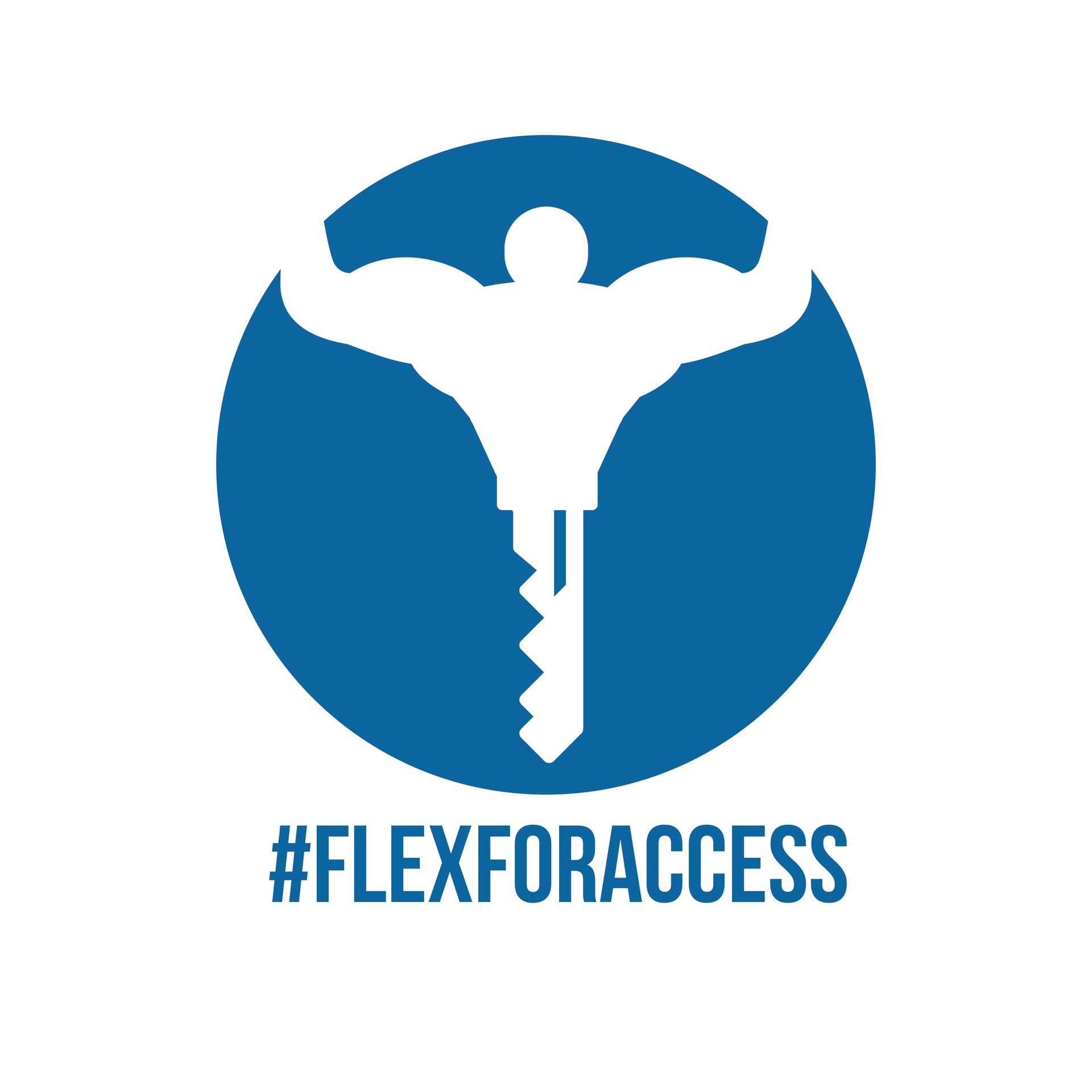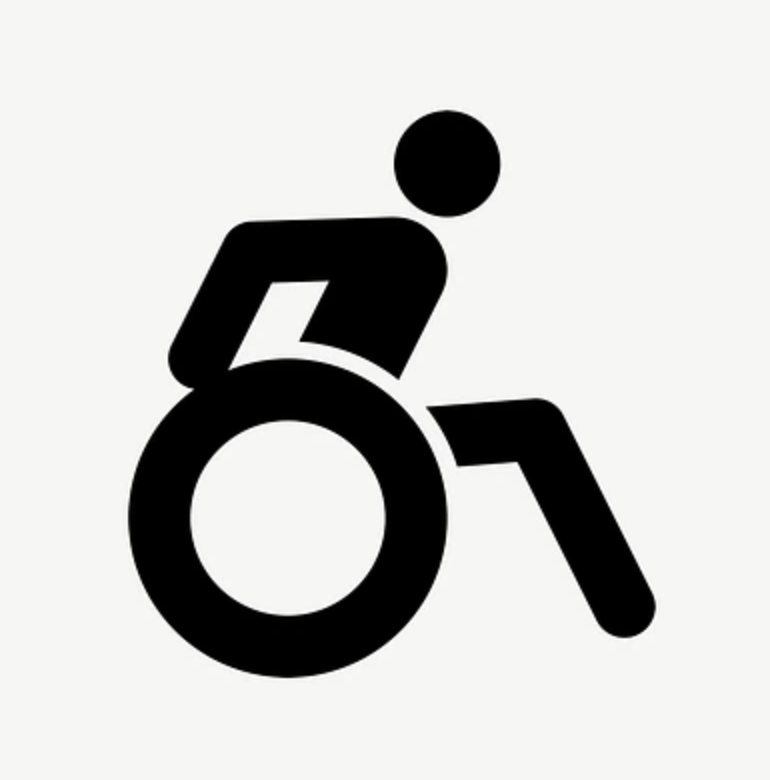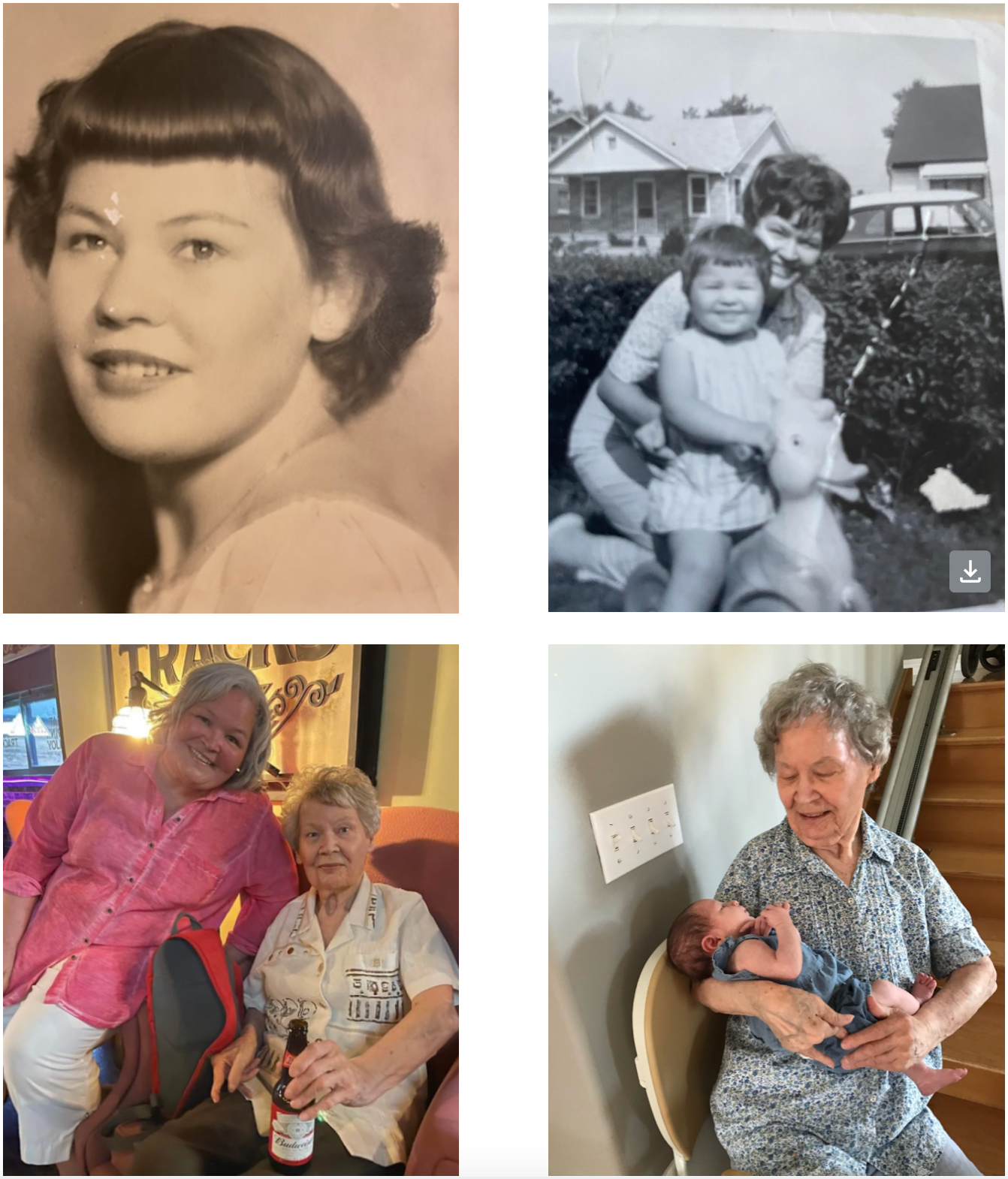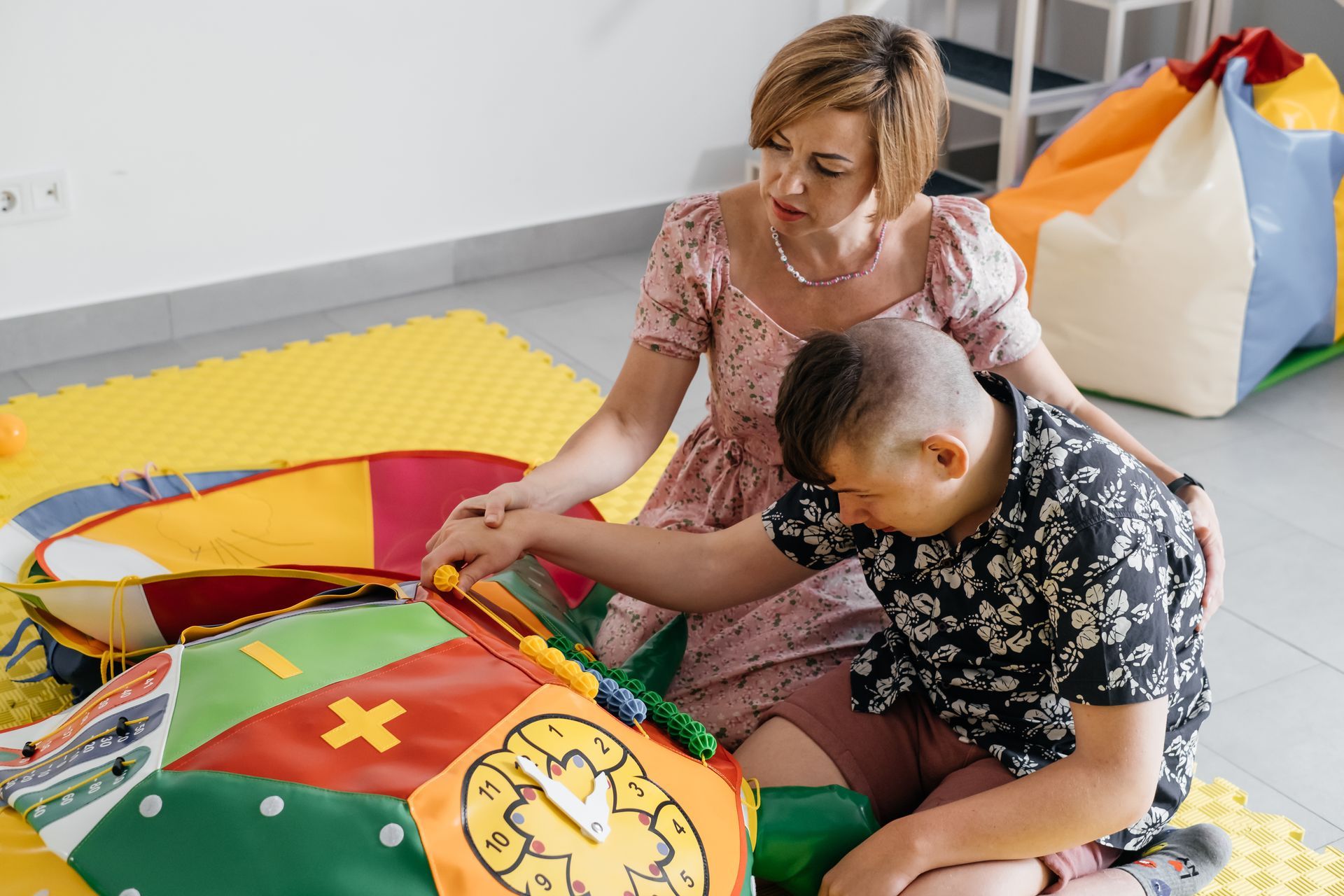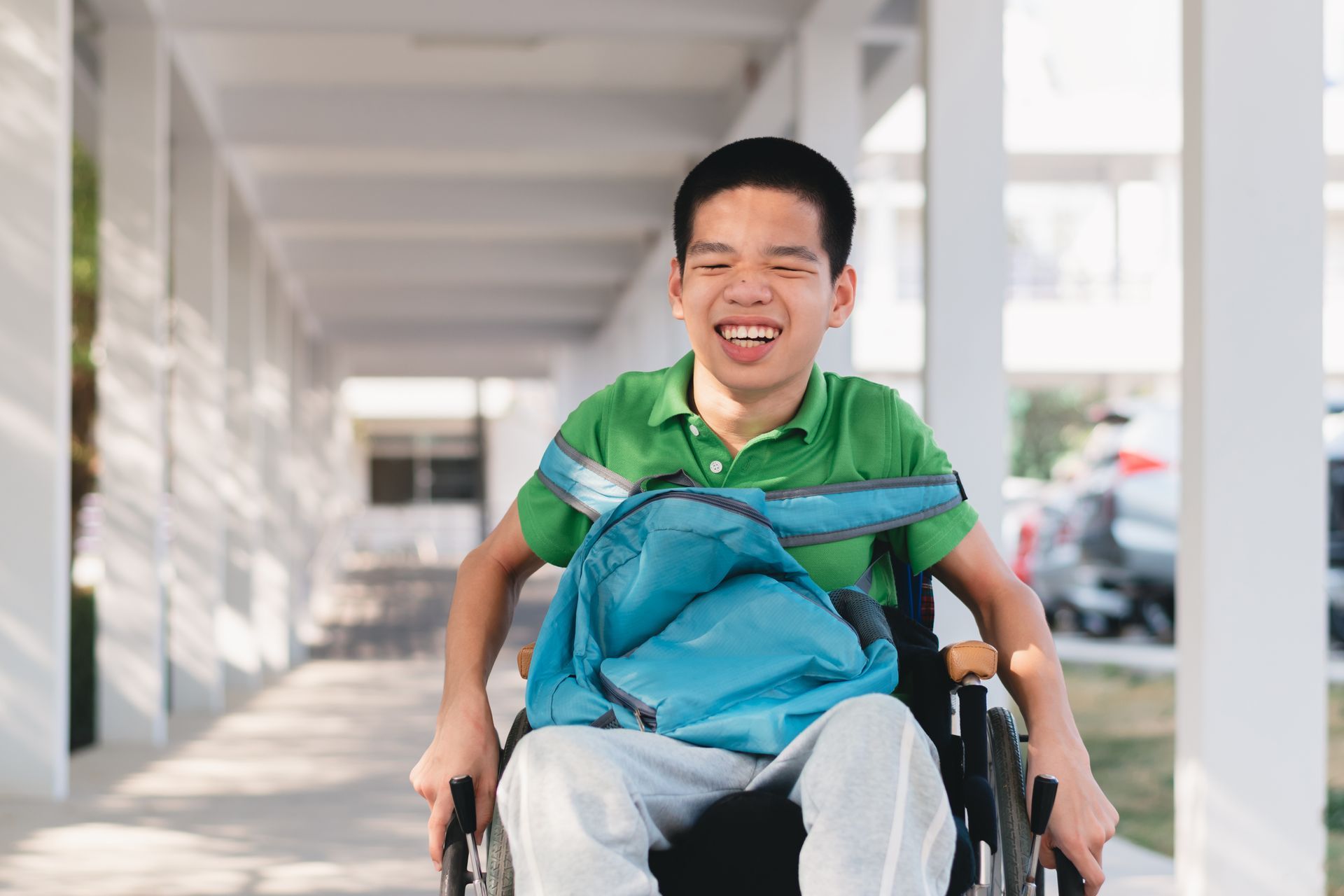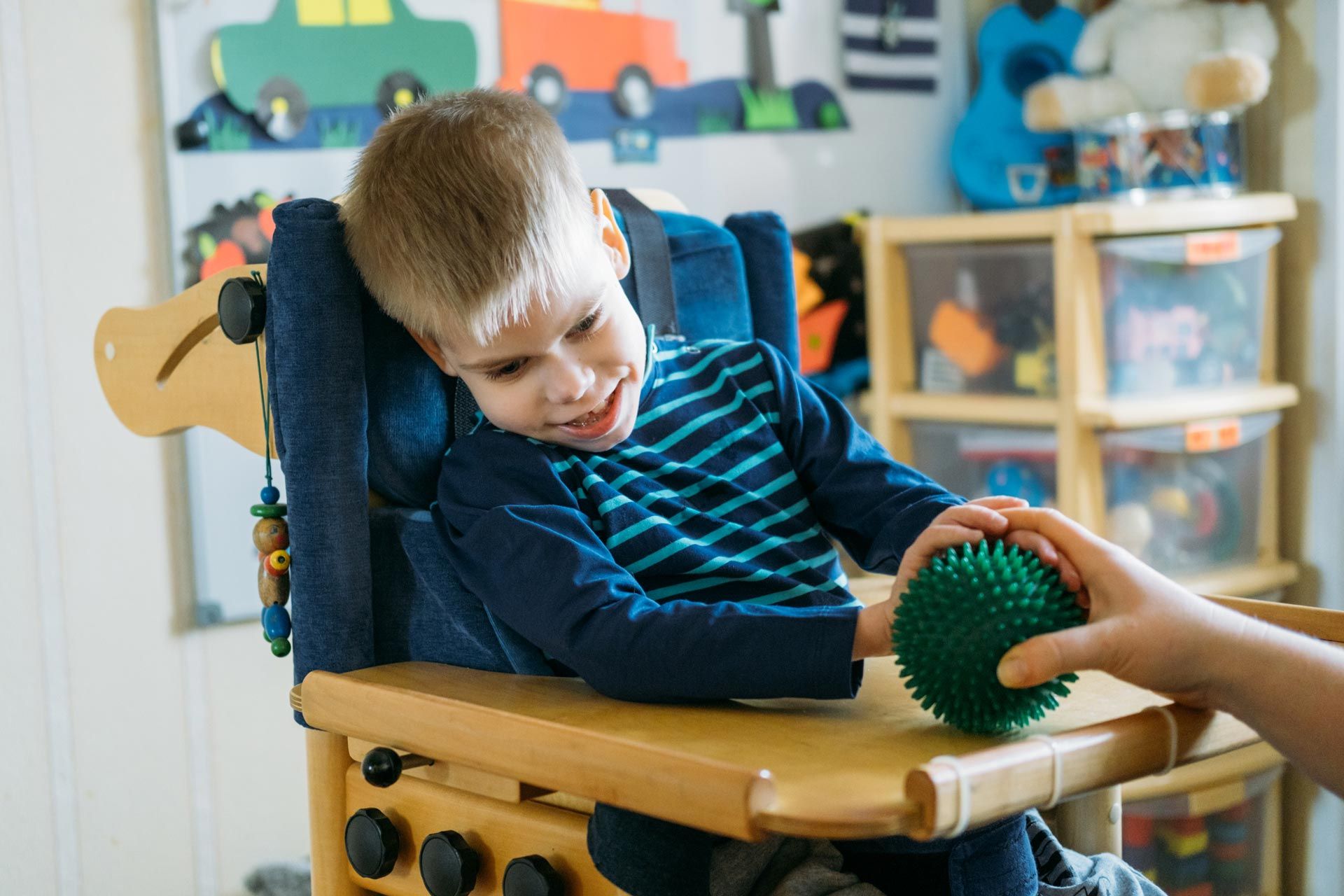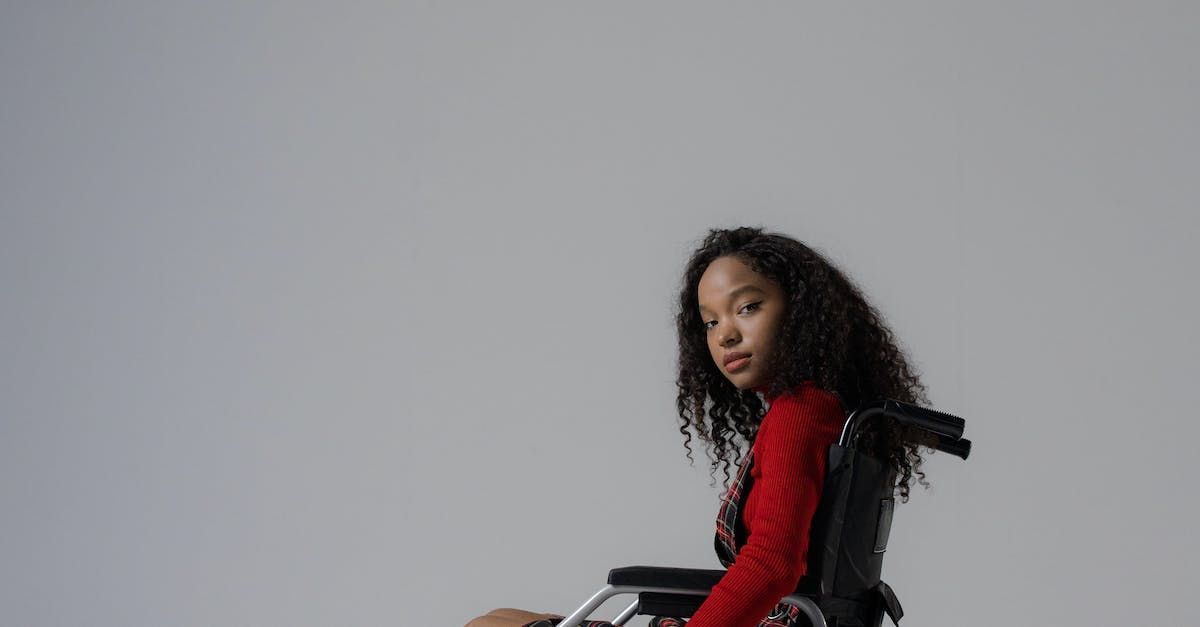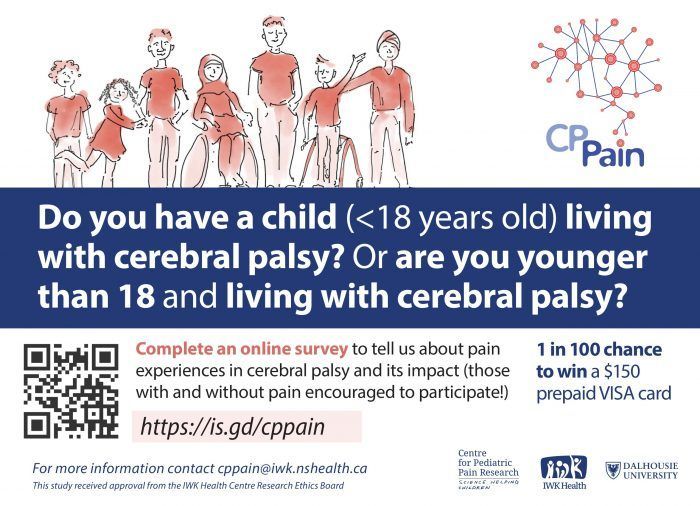News and Updates
Thank you for subscribing
We look forward to sharing news and updates with you. Below are the latest post for you to enjoy.
OFCP Announcements & Press
Charitable Donation from Savers Value Village Charitable Giving Committee
Navigating Back to School with a Disability: Essential Tips for a Smooth Transition
Surveys, Studies & Research Participants

You are invited to participate in a Queen’s university research study “Environmental factors that may be associated with choices of spelling and/ or graphic symbol use during communicative interactions”. Queen’s University is looking for adolescents with physical disability (who have difficulty manipulating objects) and who use Augmentative and Alternative Communication (AAC).


